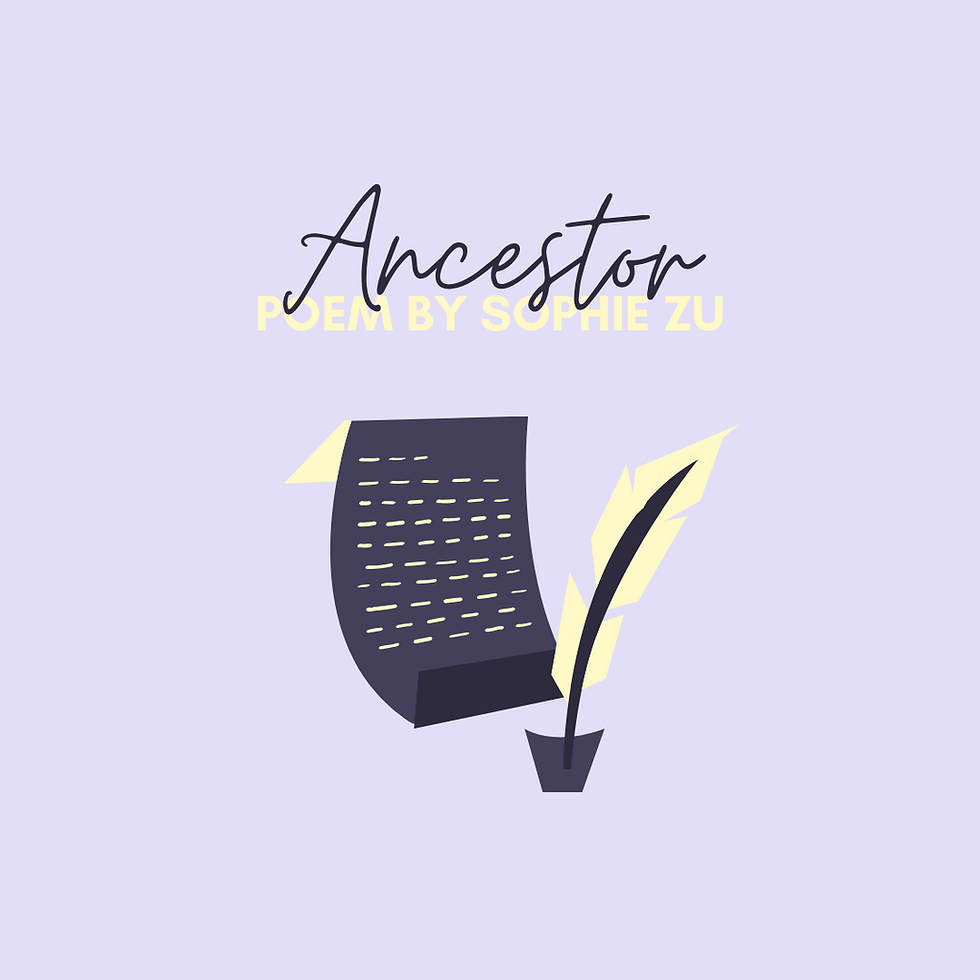The Importance of Diction (previous blog piece)
- CTJ TEAM

- May 14, 2020
- 3 min read
The Importance of Diction
by B. F. Harvey
May 6th, 2019
All writers should have some form of a mentor or someone who can teach them the ins and outs of writing. This central fact is important as to build upon several skills that will make up your own personal voice within the pieces of text you write and to have some form of direction. I have been lucky enough to have several mentors in these past four years of my writing, my best being my eighth-grade writing teacher Ms. Manzini. She got me to study and understand the importance of style and creating my own voice. I studied the literary structures of F. Scott Fitzgerald and J. D. Salinger along with Ernest Hemingway, and I got a significant comprehension on how one author’s writing differs from another. But style changes, whether it be in fashion or in writing, for as time goes on your society, your world perspective, and your maturity expand forcing your writing to change and expand with it. Although what every writer must come to realize is that it is not just having a style which is unique, but also constantly refining and polishing this style to be the best that it can be. For a long time, I did not understand this until I had gone away to a writing camp at Alfred University for a week at the end of June, right after school had let out.
At this camp, my roommate, Zac, and I woke up every day at 7:30 to go to breakfast and then go to class for three hours, have lunch for thirty minutes, and then go to class again for another three hours. It was debilitating, to say the least: those tiresome days of trying to understand all that information in such a short period of time and the exhausting experience of socializing afterward.
But if there was one thing that my professors (Dr. Morehouse and Dr. Gray) taught me at this camp, it was the importance of diction. A common phrase that both of them said was, “Act as if every word is worth one dollar.” Words have value in all aspects of life, especially when you are creating a story, yet it's not just the words you use, but how you use them. J.D. Salinger and the Catcher and the Rye is a good example of this, as he purposely places words in an incorrect or otherwise confusing place to demonstrate how the main character, Holden Caulfield, is feeling. Salinger uses repetitious vocabulary by utilizing phrases such as “sort of” or “god damn” to tap into the voice of an indifferent teenage boy who is frightened by the idea of adulthood.
One of the exercises that were given at this camp included writing a story/essay that could only contain one hundred and three words(minus what the title was and the byline.) I was given several different exercises like this that would force me to apply my vocabulary in a different and discreet way. In that exercise though, every word didtrulymatter. Whatever story we had to create, we had to do it in a way that would catch the readers eye and make them think. This was mine:
The Greatest Generation
1918. I arrive. I watch as I am first held.
1925. I hear a bottle shatter. Mom screeches like a
peacock. Dad revs up the car and drives away.
1930. Witnesses as I run with a loaf of bread. Someone screams, “Stop!” But I just can’t.
1944. We land on Juno beach. Hills used as trenches. A dead child at my feet. I am lost.
1945. Headlines read: “Atomic Bomb Hits Japan.” Everyone cheers. I try to hide.
1951. I cry for them to let me out. They hold me down, sliding the needle into my vein.
1918. I arrive-
In order to display a concise and interesting story in that limited amount of space, I had to display the pain and suffering that this character and the generation that he claimed to be in a disoriented view of time to display his Post Traumatic Stress Disorder. It was my effort to display exactly what this person had been through in his life by only using specific events and hinting towards the fact that he was in a mental asylum and what was actually going on in the real world. These sort of exercises and the experiences I had at this camp is what truly shaped me as a writer and showed me what is and is not valuable in a story, and what can help to create that story. I suggest, to anyone who is reading and wants to enhance their stories, to give this writing prompt a chance, as I think that it truly does help with one's choice of words and overall thought process when creating a piece of literature.


Comments